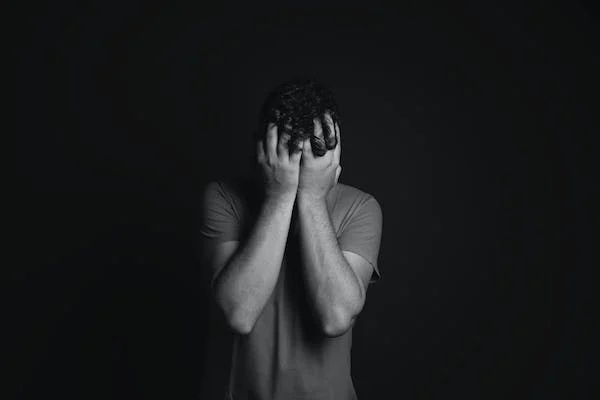“I have depression” has become a common phrase heard in our daily conversations, often used casually without fully grasping the gravity of the condition. However, it is crucial to recognize that depression is not simply a passing mood but a serious illness that requires intervention and treatment.
To better understand depression, we must differentiate it from a typical mood. Mood refers to a pervasive and enduring emotional state that influences how we experience life and perceive the world around us. It serves as the backdrop, coloring our thoughts, feelings, and behaviors throughout the day. When we talk about a mood disorder like depression, we refer to a specific mood state, such as sadness, that persists for an extended period and significantly impacts our thoughts and behaviors. Unlike transient feelings of sadness that come and go, depression lingers, often infiltrating all aspects of our lives.

Diagnostic Criteria
To understand if one has depression or not, we refer to criteria given by either ICD-10 or DSM-5. Let’s understand criteria given by ICD-10.
If you persistently feel minimum two of the following core symptoms for over two weeks, only then consider further.
- Depressed mood: The individual experiences a persistent sad or low mood, often accompanied by feelings of hopelessness or emptiness.
- Loss of interest or pleasure: There is a marked decrease or loss of interest or pleasure in most activities, including previously enjoyed ones.
- Fatigue or loss of energy: Persistent feelings of tiredness, lack of energy, or a general sense of low physical and mental vitality.
Other symptoms which may or may not accompany the abovementioned core symptoms:
- Reduced concentration and attention: Difficulty focusing, sustaining attention, or making decisions, which can lead to decreased productivity and impaired functioning.
- Disturbed sleep patterns: Insomnia or hypersomnia, where the individual may struggle to fall asleep, experience frequent awakenings during the night, or sleep excessively.
- Change in appetite or weight: Significant changes in appetite resulting in weight loss or gain, unrelated to intentional dieting or other medical conditions.
- Psychomotor changes: Observable physical changes such as slowed movements, agitation, or restlessness, noticed by others.
- Feelings of guilt or worthlessness: Persistent or excessive feelings of guilt, worthlessness, or self-blame, often without justification.
- Suicidal thoughts or behaviors: Recurrent thoughts of death or suicidal ideation, with or without specific plans or attempts.
Causes of Depression
We cannot point out any one cause for depression. While taking history, we evaluate several aspects to determine how you may have developed depression. Consider following causes:
- Biological factors: Neurotransmitter imbalances, genetics, hormones.
- Psychological factors: Trauma, low self-esteem, chronic stress.
- Environmental factors: Adverse life events, social isolation.
- Co-occurring disorders: Anxiety, substance abuse.
- Family history: Genetic predisposition.
- Personality traits: Self-criticism, perfectionism.
- Childhood experiences: Abuse, neglect, dysfunctional family.
- Chronic illness or pain: Medical conditions, physical pain.
- Substance abuse: Alcohol, drug misuse.
Treatment Options

- Medication: With help of a psychiatric doctor, who could diagnose you and prescribe antidepressants such as SSRI, SNRI or Tricyclic antidepressants. Consider medication as first line of treatment in case of suicidal ideation and severe self-care impairments. Please don’t be scared of side-effects of medications as you are prescribed only FDA approved medications which are safe for human consumption.
- Psychotherapy: Depending on the reason for the onset of depression, various treatment modalities are available. For example, Cognitive Behavior Therapy (CBT), Trauma-informed Therapy, Acceptance and Commitment Therapy (ACT), and Dialectical Behavior Therapy (DBT).
Conclusion
Depression is a widespread battle, impacting millions daily. The good news is that it is a treatable condition, and safe medications and psychotherapy options are available. Suffering in silence can be more detrimental than beneficial. Don’t hesitate to seek help, and if needed, reach out to your social support network to start your healing journey promptly.
When in doubt, always reach out! At Butterfly Psychotherapy Center in Pune, we offer evidence-based assessments and treatments for depression with our clinical psychologist. Book your free introductory call today by messaging us on WhatsApp! (9958446040)
Ankita Deshmukh Shetty
Founder & Chief Clinical Psychologist
Butterfly Psychotherapy Center, Pune

